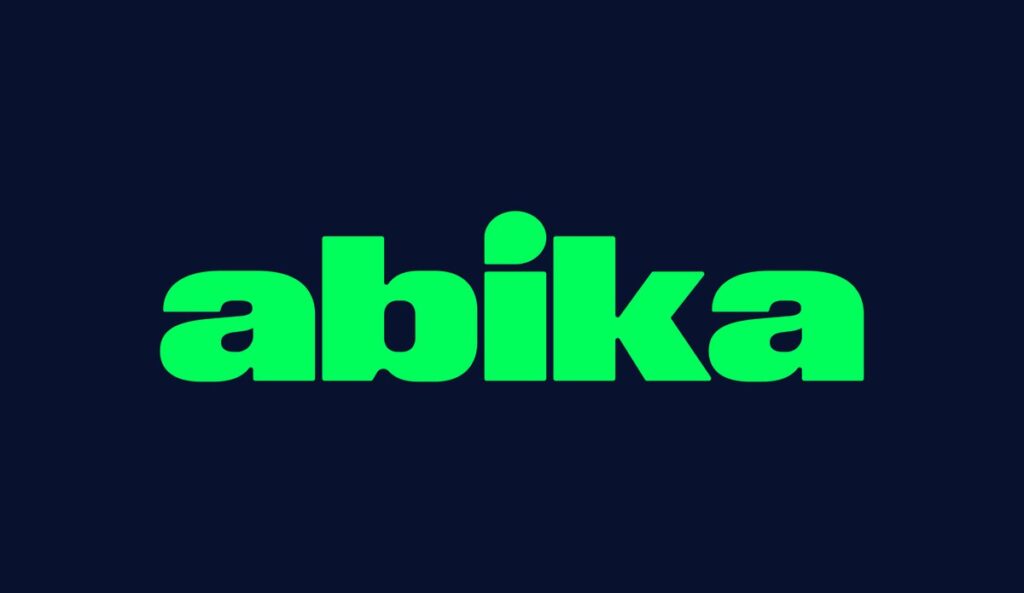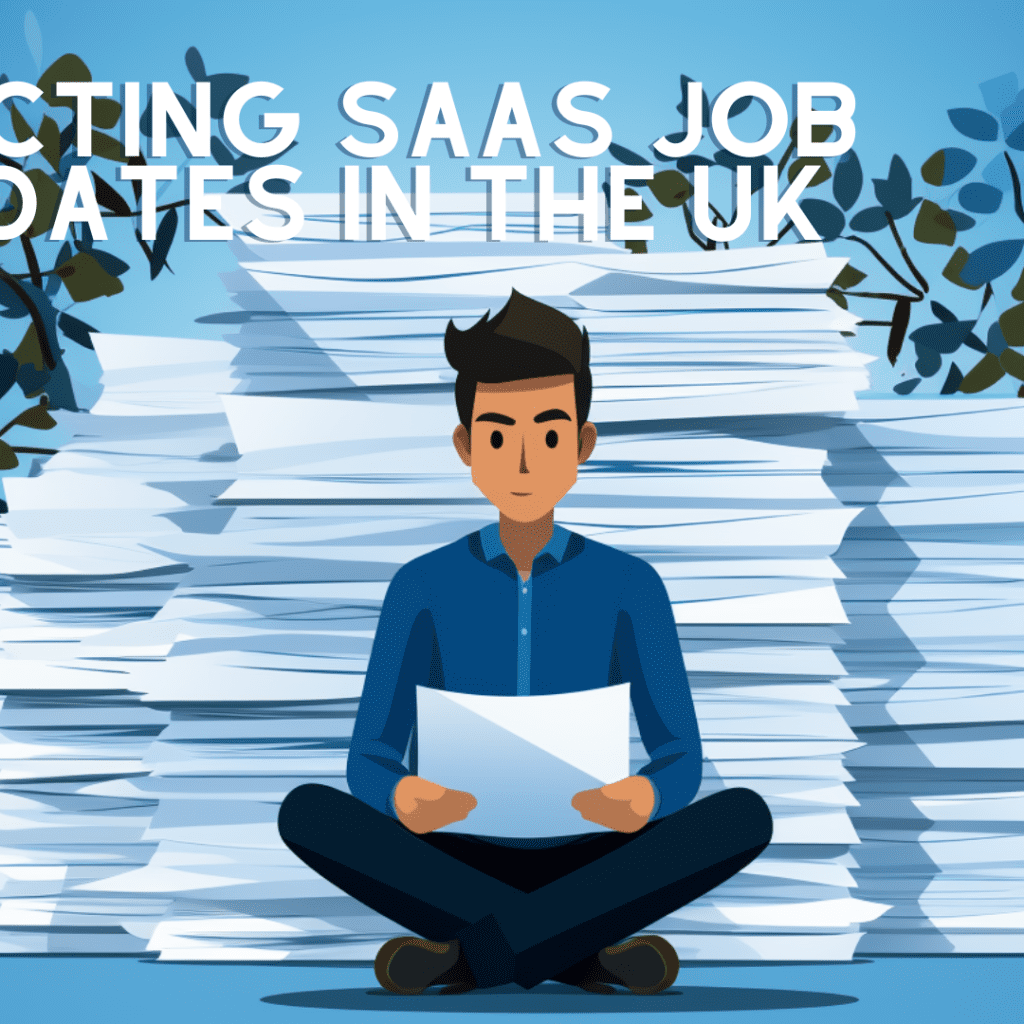With more and more SaaS companies getting off the ground in recent years, consumers continue to be spoiled for choice when it comes to solutions to their business application needs. But how can you be sure that you choose the correct platform to suit your business? Who should you be working with, and what applications should you consider – and why?
Abika takes a look at some of the main things you should be looking for in a SaaS solution, including scalability and connectability, flexibility…and what exit strategy you should use if you ever want to get out…
Is It Going To Solve Your Problem?
Let’s start with the obvious first question – is the SaaS product you’re thinking of going for actually going to solve the problem your business is facing? Before trying to come up with a SaaS solution, it makes sense to have a really clear definition of exactly what problem you’re trying to solve. You can save yourself a lot of time and money by putting together a list of ‘must-have’ features that you want in a SaaS product, and not settling for anything less.
Configurability
Even a SaaS platform that boasts a ‘one-size-fits-all’ approach needs to be able to serve the needs of a huge and diverse range of businesses and users, and so one of the first things you want to look for in a SaaS solution is a developer that has a high degree of configurability that ensures you can make the system adapt to your specific business requirements.
Look for SaaS platforms that offer highly flexible dashboards, as well as looking at areas involving field labelling and extending data and check that they can be stored alongside the objects that are built-in.
Top-Notch Security
Cybercrime and data breaches are a sad sign of the times, and something that every business needs to consider when it comes to protecting itself and its clients. Security should be one of your top priorities when it comes to your checklist of what to look for in a SaaS solution – and not just the security of the solution itself, but also of the vendor.
Don’t be afraid to ask questions about their infrastructure or their privacy policies, and make sure you are fully satisfied with the strategies and back-up plans they have in place to keep your precious data safe before you sign on the dotted line.
A Good Track Record
When it comes to SaaS solutions it makes sense to look at the track record of a company before purchasing their products – rather than just going on blind faith. Read reviews and case studies, speak to other companies that have used their services – the same as you would before you made any important purchase – in order to prevent yourself from potentially making a costly mistake.
And speaking of cost, don’t make that the overriding factor when making the decision of whether or not a particular SaaS solution is for you. It’s much better to end up forking out a bit more for SaaS products that offer good service and support, than to take a cheaper route and end up having a negative, badly handled experience.
Flexibility Is Key
It might sound obvious, but buying a solution that doesn’t work with your current processes is just money down the drain, so when you’re looking for the right SaaS solution for your business you need to make sure you consider its flexibility.
Will the software be able to easily integrate with your existing systems? What about your existing strategies? Will it support a global reach if you need it to? Will the SaaS solution fit in with your ideals and long term goals…and will it grow with you?
If the answer to any of those questions is no, then it’s not the SaaS solution for you.
Is It Scalable?
Most SaaS solutions promise that they can handle capacity management without even breaking a sweat, and they do this largely so that you, the client, isn’t going to be worried about having to add new users. Sounds great, but before you dive straight in, thinking that you’ve found the SaaS solution to answer all your prayers, consider this: Can additional storage be added? Can they accommodate usage escalation? What about connectivity – more be added, and how? How will system failures be dealt with?
If a developer can answer all of these questions regarding scalability from the beginning, it’s going to save you the headache of expensive upgrades or outages later on, so it’s well worth making sure that you fully investigate the scalability of any SaaS product from the get-go.
Connectability
The huge draw of a SaaS solution is the fact that it can be customised to suit the individual needs of your business, and then connected to any other system. This makes having the right SaaS platform invaluable – although of course it does raise the question of how to avoid serious security issues that could expose anyone using the SaaS platform to risks.
What you should be looking for in a SaaS solution is that these concerns are addressed straightaway, and that the development company you are working with have anticipated any potential issues and have created solutions for them in advance. That way your company is going to avoid expensive and time-consuming software rewrites – which is going to be as much of a pain in the proverbial as it sounds.
What Will The Initial Impact Be?
It’s all very well and good finding a SaaS solution that, on paper, is going to solve your problem – but it’s not as simple as just buying a SaaS product and ‘ta-dah! Job done!’ The majority of SaaS solutions are going to require you and your team to undergo some sort of training in order to use them effectively, so you need to take that into consideration.
How much is it going to cost you in time and money to learn how to use the system once it has been implemented? What support will be available to you and your team? What training can the vendor provide – and is refresher training available if and when needed? You also need to decide whether the benefits of the product will outweigh the implementation and training costs – after all, time is money, and if you’re going to spend both and still not have an adequate solution to your problem, it’s all just a pointless exercise.
How Are You Going To Get Out If You Need To?
They say that nothing lasts forever, and while I’m not sure if that’s true, it is a fact that sometimes things just don’t work out, and there might come a time when you need to break up with your SaaS solution.
So, what’s your exit strategy?
This is something you almost need to plan before it happens – just in case – and the best way to do this is to ask certain questions before you buy any SaaS solution. Find out whether you are bound to a fixed term, or whether you can leave at any time. It’s also well-worth finding out before you sign up to anything to think about how you can keep custody of your data – as well as how much of that data the vendor can retain if you decide to leave.
It might seem a little pessimistic to go into a SaaS solution thinking about how you can get out, but knowing all the facts and having a good exit strategy in place from the very beginning will help keep costs and stress to a minimum should you have to make a messy escape!





